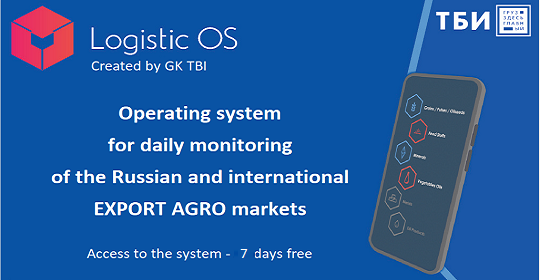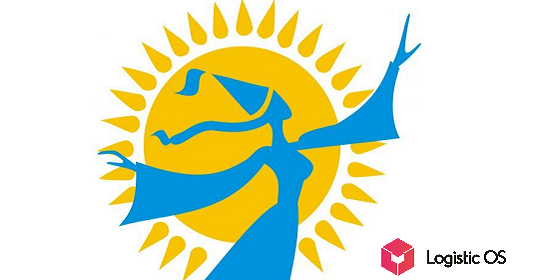The total volume of exports of vegetable oils to the countries of the African continent has increased by approximately 1.5 times this year, experts expect further growth.
Over the 10 months of this year, Russia sent approximately 652 thousand tons of vegetable oil to Africa.
This is a significant increase compared to the previous season: for the same period in 2022, the volume of supplies was at the level of 446 thousand tons. In particular, the export of sunflower oil increased from 178 thousand tons to 419 thousand tons.
Which countries buy vegetable oil from the Russian Federation?
First of all, this is Egypt: supplies to this country increased 2.2 times, to 303 thousand tons. Supplies to Sudan increased 2.3 times, to 71 thousand tons. Supplies to Tunisia tripled and to Libya by 37 times.
In addition, this year, for the first time, Russia entered the sunflower oil market of a dozen African countries, including Algeria, Benin, Mauritania, Sierra Leone, Tanzania, Ghana, Angola, Liberia, Morocco and Nigeria.
This is largely due to the fact that Russia is increasingly moving away from cooperation with unfriendly countries, so the flow of supplies is turning, including towards Africa.
Experts expect that by the end of this year it will be possible to supply approximately another 135 thousand tons of sunflower oil to Africa.
In total, this year the final volume will be 554 thousand tons. This is significantly more than last year: 235 thousand tons.
What are the obstacles to increasing supplies?
— Sunflower oil is not yet particularly popular in Africa; the market there is based on soybean oil. Its exports from Russia are growing slowly, this year they even decreased from 334 thousand tons to 298 thousand.
At the same time, as much as 40% of all Russian soybean oil goes to Africa, but in general its production in the country is much less than sunflower oil.
The main reason for the lack of popularity of sunflower oil in Africa is its high price; it is still a premium product for the local population, although its popularity is gradually growing.
As independent grain market expert Alexander Korbut noted, in the future we can expect an increase in the solvency of the population of African countries, but for now cheaper products will be in better demand there.
— Currently, the main supplies go to countries in northern Africa, this is largely due to logistical obstacles. As logistics develops, it will be possible to cover the entire continent with supplies.
— Difficulties in settlements with Russian exporters in many countries also remain.
However, in general, cooperation with Africa in this area is developing, and there is every reason to expect that volumes will continue to grow in the coming years.

